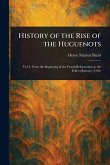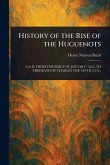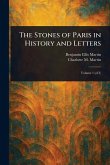Step back in time with Anatole France's "Clio," a collection of historical essays exploring captivating moments in French history. Delve into the era of the French Renaissance and uncover the secrets of the magnificent Château de Vaux-le-Vicomte. France, a celebrated author, brings his keen intellect and engaging prose to these explorations of the past. These essays offer a fascinating glimpse into a pivotal period, examining the social and cultural forces that shaped France. "Clio" provides rich historical context and thought-provoking analysis, making it a valuable resource for anyone interested in European history, archaeology, and the Renaissance. Discover the enduring allure of Vaux-le-Vicomte and the era that defined it through the eyes of a master storyteller. This work has been selected by scholars as being culturally important, and is part of the knowledge base of civilization as we know it. This work is in the public domain in the United States of America, and possibly other nations. Within the United States, you may freely copy and distribute this work, as no entity (individual or corporate) has a copyright on the body of the work. Scholars believe, and we concur, that this work is important enough to be preserved, reproduced, and made generally available to the public. We appreciate your support of the preservation process, and thank you for being an important part of keeping this knowledge alive and relevant.
Bitte wählen Sie Ihr Anliegen aus.
Rechnungen
Retourenschein anfordern
Bestellstatus
Storno









